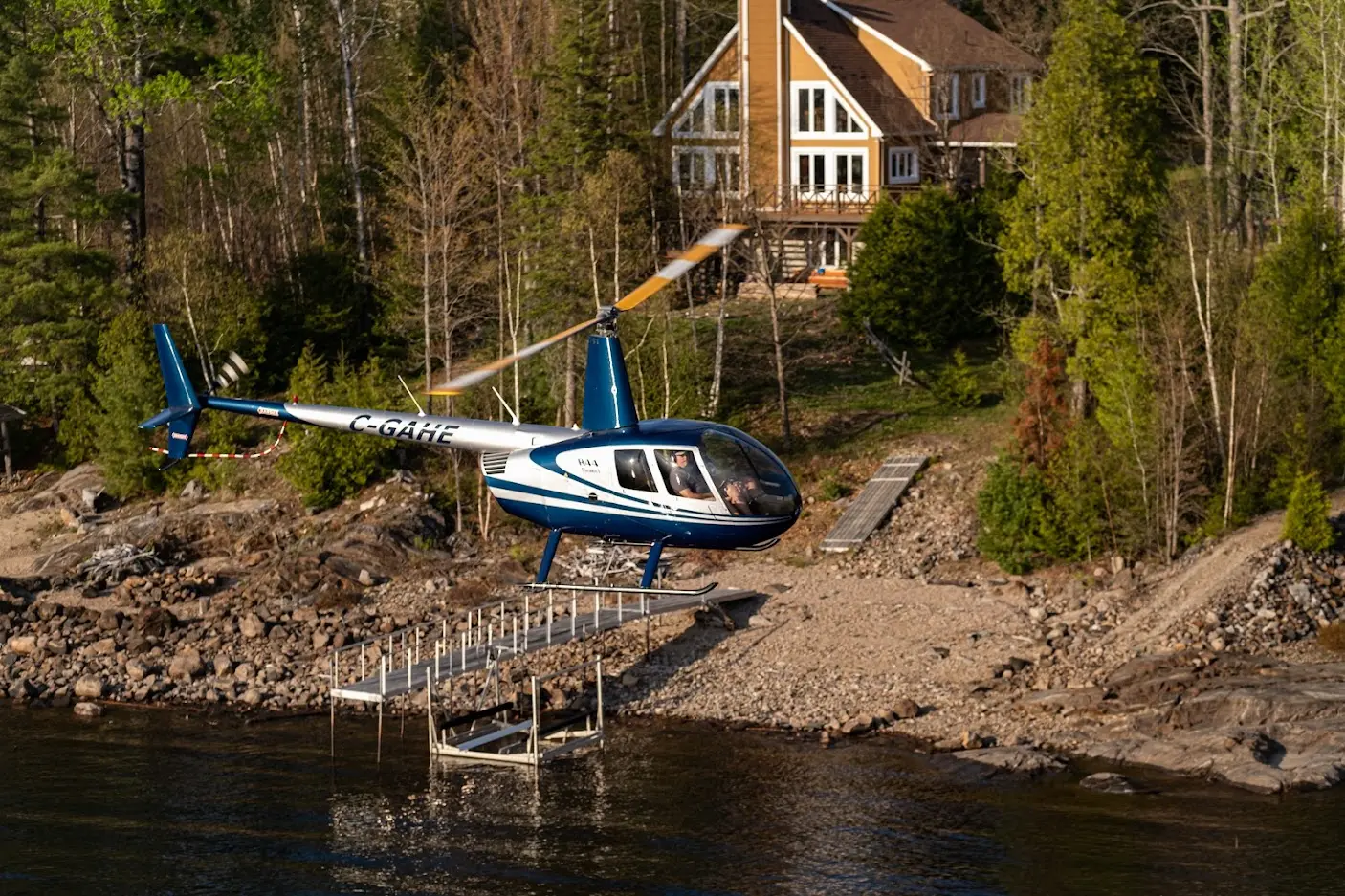Becoming a helicopter pilot can be an exciting and rewarding career. However, it requires commitment, training, and clarity on what to do. This guide is designed to serve as an overview for aspiring pilots, documenting their path as they progress.
Understanding the Basics
Knowing how to become a helicopter pilot starts with acquiring the basic requirements before entering this field. Hence, a helicopter pilot should have certain skills and qualifications to operate safely, such as dexterous hand-eye coordination, quick decision-making, and good communication skills. Another key point is physical fitness; pilots must regularly pass examinations.
Educational Requirements
While a college degree is not required, it can be helpful. Most pilots must study aviation-related disciplines, which provide a lot of practical knowledge when flight training starts. The essentials of aerodynamics, meteorology, and navigation could get you started. Nevertheless, enthusiastic self-education is valued more than a diploma in this sector.
Choosing a Flight School
Choosing the appropriate flight school is an important step. Future pilots should study the different schools, looking at location, expenses, and overall reputation. You must select a school approved by the aviation authorities. Learning how their programs work is the best way to know what school is for you, so visit some, talk with instructors, and see what training they have planned.
Getting a Student Pilot Certificate
Before beginning flight training, aspiring pilots must obtain a student pilot certificate. Aviation authorities issue it, and it requires an application process. To ensure you are fit enough, you must pass a medical examination. After obtaining this certificate, you can take flight lessons with a certified instructor nearby.
Accumulating Flight Hours
Flight experience is crucial. A certain amount of documented flight time must be logged to obtain a helicopter pilot license. This time includes both solo and instructor time. Experience in multiple flight conditions and excelling at various maneuvers is required. A good idea would be to develop and practice the skills necessary for the cockpit before attempting to become a pilot.
Passing Written Exams
Written examinations stand before a license in the hands of pilots. These tests evaluate knowledge in air regulations, navigation, and aircraft operations. Proper preparation is key. Multiple flight schools provide services and study materials to prepare students for success. Studying well will help you pass these examinations on the first attempt.
Getting a Private Pilot Certificate
After accumulating the required flight hours and passing examinations, pilots can apply to obtain a private pilot license. This license allows you to fly helicopters for personal use. It represents an important step that will lead to further opportunities. This license also allows pilots to seek more extensive training and explore careers in commercial aviation.
Getting a Commercial Pilot License
You must hold a commercial pilot’s license to fly a helicopter for a living. This means more flight hours and tougher training. The bottom line is that pilots must show advanced skills and pass a thorough practical test. This allows pilots to work for hire and opens a whole new realm of career options across different industries.
Getting the Specialized Training
Being a pilot is about choice, and many pilots choose to specialize. You can work as an instructor, in search and rescue, or in business aviation. More specific training specialized for these niche areas gives the skills required. Exploring new paths can help pilots discover their passion in aviation.
Gaining Experience
Experience is invaluable. New pilots often enter their careers in entry-level positions and begin developing their skills and reputation. Working in different environments and performing various functions is essential to getting a wide view of the industry. Connecting with other professionals and being part of aviation organizations can always help you with support and growth.
Maintaining Certifications
Pilots need to renew their certifications, which include continuous learning and periodic health examinations. With the world of technology changing daily, staying updated with industry developments and best practices is essential. Pilots must keep themselves updated; thus, continuous learning helps keep the pilot in tune with competency and safety standards.
How to Assess Career Opportunities
There are many career options available in the aviation industry. Helicopter pilots work in many different lines of work, such as emergency services, tourism, corporate transport, agriculture, and more. Choosing the right path is essential. Pilots can make informed choices when considering various options and comprehending industry needs. Being open to navigating your career path can lead you to fulfilling and steady careers.
Wrapping Up
Becoming a helicopter pilot takes dedication and training. No matter where you are in this process, there are steps to take and a journey to follow. After completing these tasks, aspiring pilots should be duly qualified and experienced to pursue an exhilarating career in aviation. So, with the right attitude and determination, the sky is the limit.
